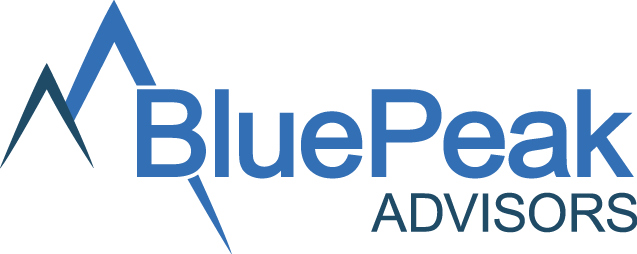Hot Topic
MTM has become a popular topic with CMS not only at their Spring conference but also as a new pilot for their Program Audits. CMS is placing more scrutiny on the MTM process and holding Plans accountable for compliant process and effective oversight of MTM vendors.
What do you need to know to be prepared for an MTM audit?
Evolutions of MTM
Medication Therapy Management (MTM) was introduced as a formal program by CMS as a means for health plans to ensure beneficiaries receive optimal outcomes in their respective medication therapies. For more than 5 years, CMS has included MTM as one of its measures for Part D required reporting by plan sponsors. In 2015, CMS added Medication Therapy Management (MTM) to its program audit protocols to provide a deeper understanding of data collected from plans as part of required reporting.
There have been several plans to date that have undergone an MTM audit as a pilot with consistent findings. The most common findings have included:
- Sponsor failed to appropriately enroll enrollees who met the targeting criteria of their CMS approved medication therapy management program
- Sponsor failed to offer the comprehensive medication review to newly targeted enrollees within 60 days of enrollment
- Sponsor failed to provide targeted medication reviews at least quarterly, or according to the timeframe as described in the CMS approved medication therapy management program description
As with other audit areas, it has been a learning experience for plans and downstream entities and many challenges have surfaced. For example, many plans specify that chronic/maintenance drugs should apply to the minimum number of covered Part D drugs to consider.
How plans and PBMs define chronic/maintenance vary from adjudication system standards provided by drug information vendors to client specific product listings. Also for plans that have elected to use drug claims only for targeting, what medications are being flagged for each CORE disease state is not consistent for all plans. The list is ever changing based on new studies and approvals from the FDA and literature review. In both examples, the identification of beneficiaries can vary from plan to plan so diligence is required around MTM programs to ensure that the appropriate beneficiaries are identified.
Additionally, once beneficiaries are successfully identified, the pilot audits have been focused on activities specified both in CMS guidance as well as in plan submitted criteria.
- Are beneficiaries being offered Comprehensive Medication Reviews (CMRs) within 60 days of enrollment?
- What additional steps are being taken to initiate a CMR review?
- Are Targeted Medication Reviews (TMRs) occurring quarterly?
- What is the outcome of these reviews?
- Are Plans properly documenting when a member declines MTM services?
Future of MTM
The future of MTM from a program as well as audit perspective will continue to evolve in the coming months/years. The MTM Program Completion Rate for CMRs measure was added as process measure to the Part D Star Ratings for 2016. CMS is increasing the Star Rating threshold year over year to push for increases in successful outreach to beneficiaries who qualify for MTM programs. Like other audit areas, outreach standards could be developed for CMRs and TMRs in the future. CMS has previously cited that they expect plans to utilize more than one approach for CMR offerings and reliance on passive offers is not sufficient for MTM program success. Another area that could evolve are how TMRs are handled. Some plans opt to review findings with the beneficiary’s primary care provider (PCP) for all interventions while other plans outreach to the prescriber on the drug claim that triggered the intervention. As triggering events can vary based on the timing of drug claim adjudication, interventions could potentially target multiple prescribers over different quarters without their being a continuity of care for the beneficiary.
What Can Plans Do Today?
Plan oversight against these data elements is critical for a successful MTM program. CMS reiterated in the recently published 2016 Program Audit Enforcement report that Plans need to not only be conducting mock audits but they need to make sure that they can pull data accurately and timely. As this has not been a targeted area to date for CMS audits, many Plans haven’t performed the diligence in this area as they have Formulary Administration and Coverage / Organization Determinations Appeals and Grievances (CDAG/ODAG). A baseline assessment or mock audit is recommended for those who want to level set the current state of their MTM program and what additional steps are needed to assure a compliant and functional MTM program for your beneficiaries.
